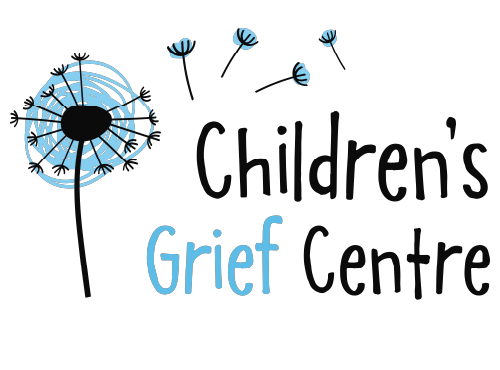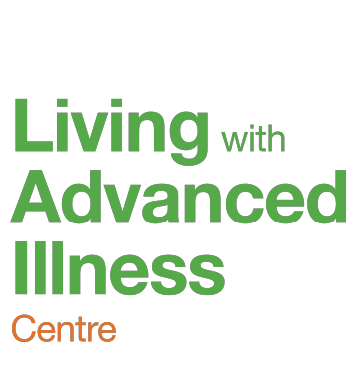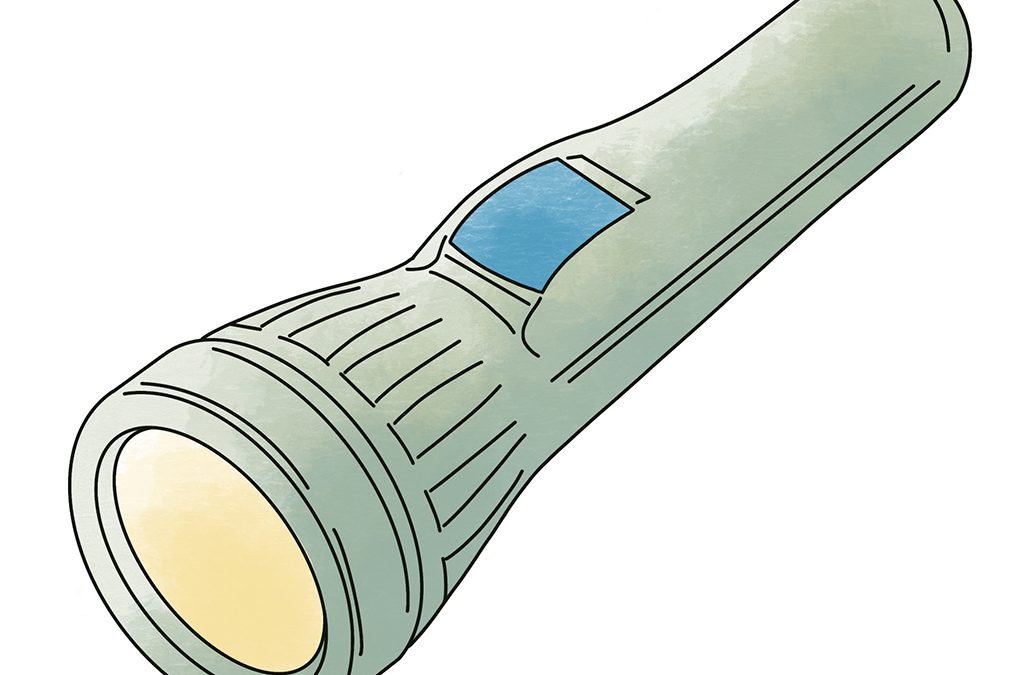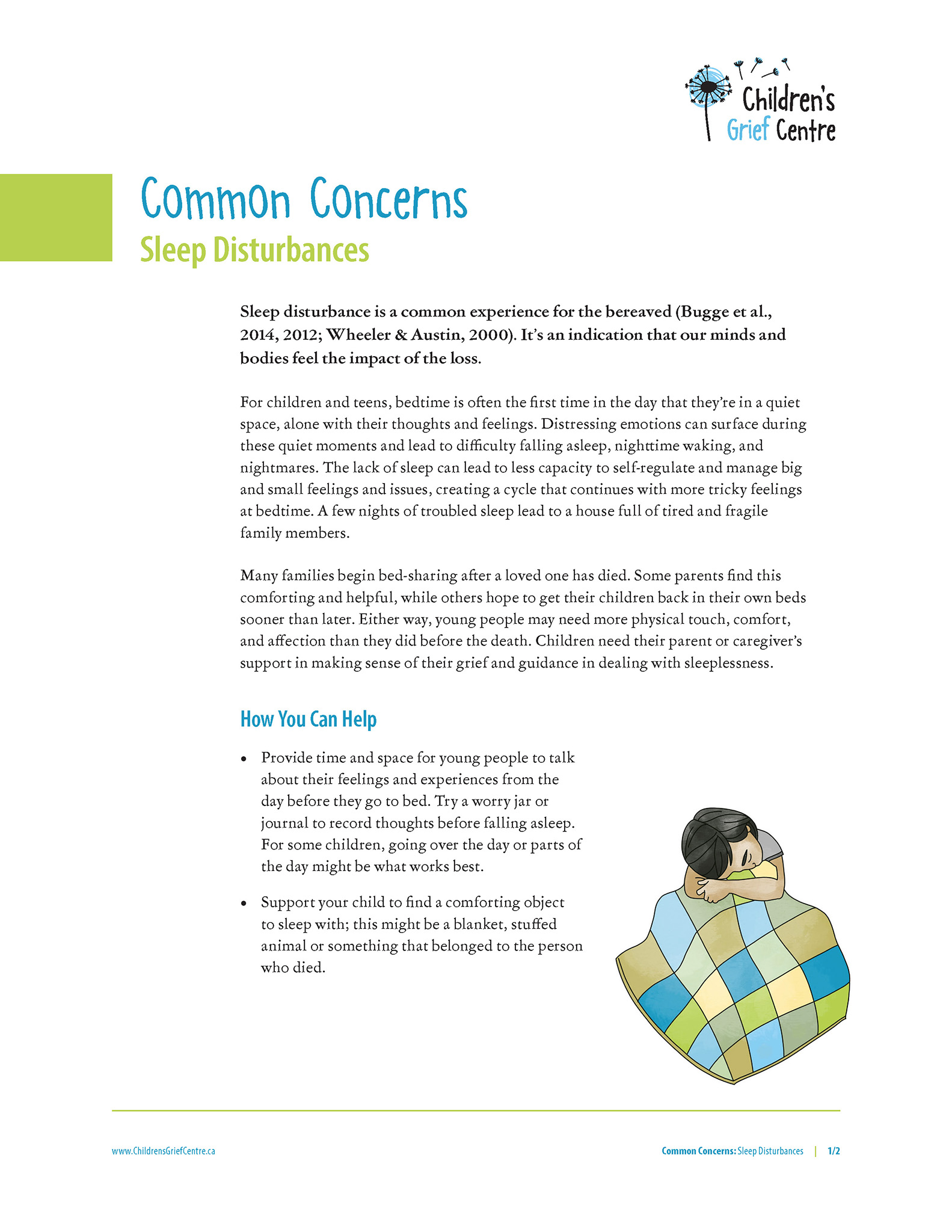Common Concerns
Sleep Disturbances
Sleep disturbance is a common experience for the bereaved (Bugge et al., 2014, 2012; Wheeler & Austin, 2000). It’s an indication that our minds and bodies feel the impact of the loss.
For children and teens, bedtime is often the first time in the day that they’re in a quiet space, alone with their thoughts and feelings. Distressing emotions can surface during these quiet moments and lead to difficulty falling asleep, nighttime waking, and nightmares. The lack of sleep can lead to less capacity to self-regulate and manage big and small feelings and issues, creating a cycle that continues with more tricky feelings at bedtime. A few nights of troubled sleep lead to a house full of tired and fragile family members.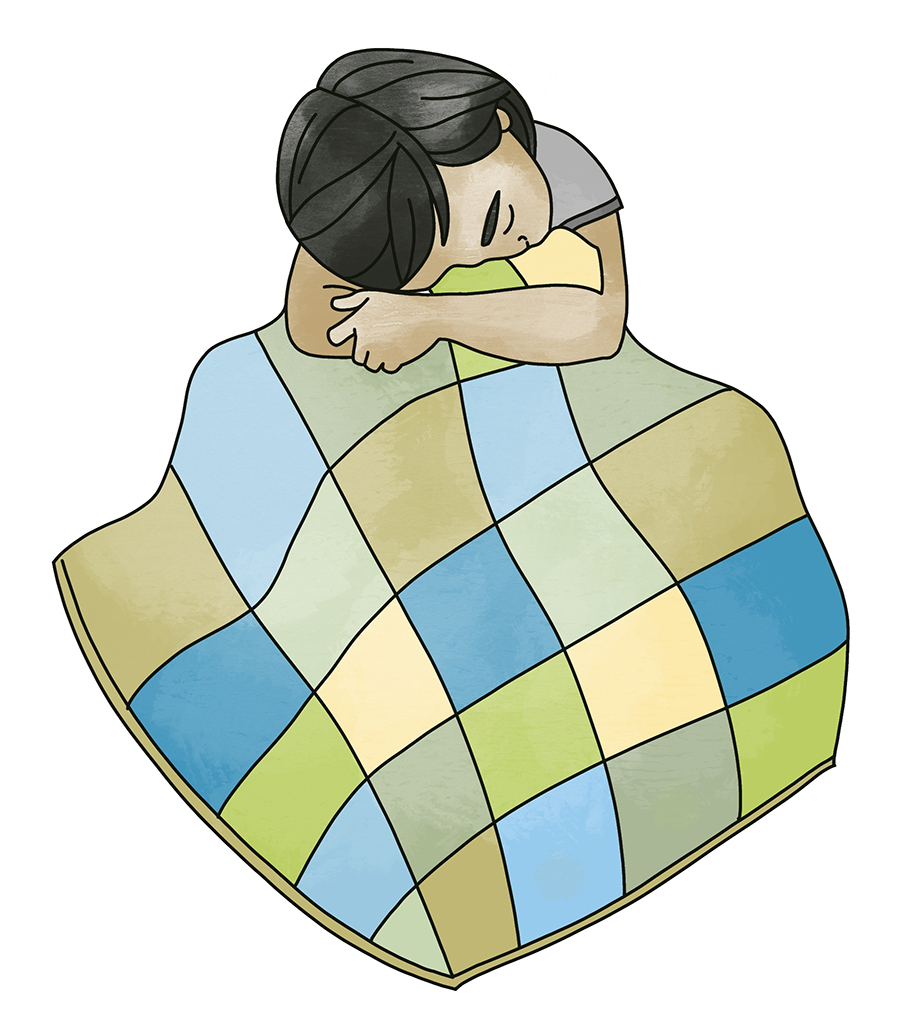
Many families begin bed-sharing after a loved one has died. Some parents find this comforting and helpful, while others hope to get their children back in their own beds sooner than later. Either way, young people may need more physical touch, comfort, and affection than they did before the death. Children need their parent or caregiver’s support in making sense of their grief and guidance in dealing with sleeplessness.
How You Can Help
- Provide time and space for young people to talk about their feelings and experiences from the day before they go to bed. Try a worry jar or journal to record thoughts before falling asleep. For some children, going over the day or parts of the day might be what works best.
- Support your child to find a comforting object to sleep with; this might be a blanket, stuffed animal or something that belonged to the person who died.
- Establish a bedtime routine that allows time for winding down before bed. Power down electronics and try progressive muscle relaxation, meditation, or breathing exercises to help calm the body and mind.
- Plan some time for cuddles, bedtime stories, or overall genuine presence to help your children feel loved, cared for, and safe.
- Know that you are not alone in navigating these challenges as a grieving parent or caregiver doing your best to support a grieving child.
Further Reading
www.sleepfoundation.org/children-and-sleep
www.whatsyourgrief.com/grief-and-sleep/
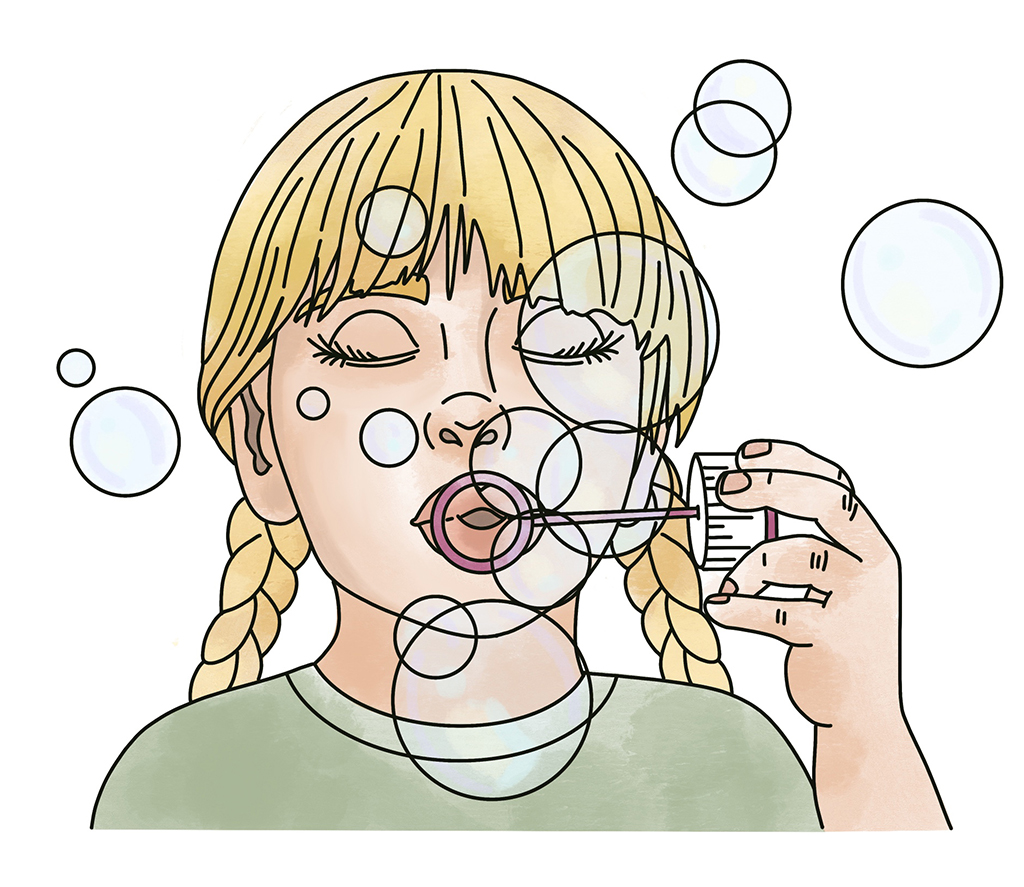
Research Sources
Bugge, K.E., Darbyshire, P., Rokholt, E., Haugstvedt, T., & Helseth, S. (2014). Young children’s grief: Parent’s understanding and coping. Death Studies, 38: 36-43.
Bugge, K.E., Haugstvedt, K., Rokholt, E., Darbyshire, P., & Helseth, S. (2012). Adolescent bereavement: embodied responses, coping and perceptions of a body awareness support programme. Journal of Clinical Nursing, 21: 2160-2169.
For more information, a consultation, or to seek support for your child, teen, and family, contact us at 403-263-4525 or info@childrensgriefcentre.ca.
